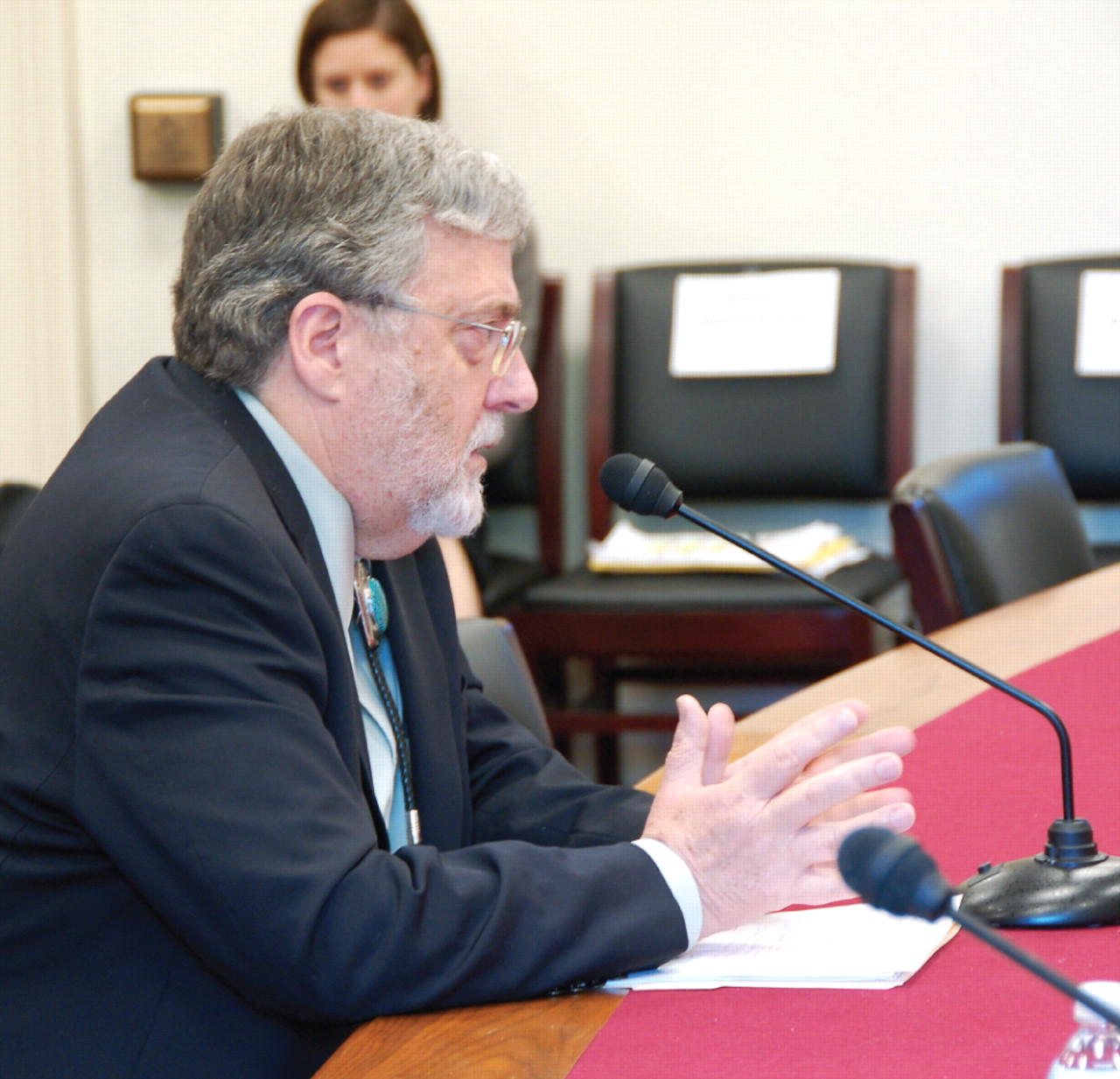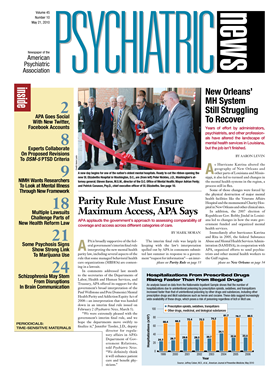Suicide, alcohol abuse, and drug abuse continue to exact a heavy toll in American-Indian communities, and increased federal funding to address these problems is needed in response, a psychiatrist who is an expert in this area told members of Congress last month.
Access to care for American Indians and Alaska Natives (AI/AN) would improve with increased federal funding to hire specialty care providers and expand the number of physicians in the Indian Health Service (IHS), said Dale Walker, M.D., in testimony to the House Appropriations Interior, Environment, and Related Agencies Subcommittee. The subcommittee oversees funding for AI/AN health care programs.
Walker, who testified on behalf of Friends of Indian Health—a coalition of health care groups that includes APA—said Fiscal 2010 funding increases for the IHS have helped, and he praised the Obama administration for proposing a funding increase of $354 million, or 8.7 percent, for Fiscal 2011. However, even the additional funding will not be enough “to close the gap in disparity of disease and care for AI/AN people” and to fill vacancies in the IHS, which serves nearly 1.9 million people.
The provision of specialty medical care—including treatment for substance use and other mental illnesses—through privately contracted physicians is “the most urgent outstanding need” of AI/AN people, said Walker. Reservation populations have come to rely on such specialists to augment the IHS and tribal health programs, which lack the funding to maintain their own specialists.
Although contractors have helped provide the specialty care that the IHS lacks, the growing demand for these services has led the agency to deplete its funds well before the end of the year. For instance, when contract physician funding ran out months before the end of 2008, specialist care was denied for 35,000 cases.
“When that happens, the care is just delayed and spills into the next year,” Walker said. “So prevention/intervention for chronic illness doesn't happen.”
Walker said that to eliminate future denials of such care, $400 million beyond Obama's Fiscal 2011 request for $862 million is needed for specialty-contractor care.
The significant role of contract health care workers also was emphasized by Yvette Roubideaux, M.D., director of the IHS. In her testimony before the subcommittee, she called such outside assistance an “integral component” of the AI/AN health care system.
That there is a need for medical contractors to provide substance abuse treatment was reinforced by the 2007 National Survey on Drug Use and Health, which found that AI/AN individuals were more likely to have an alcohol use disorder than people in the general population (10.7 percent versus 7.6 percent). Additionally, American Indians were more likely than the general population to have a drug use disorder (5 percent versus 2.9 percent).
However, reliance on health care contractors could be reduced through improved retention and recruitment of IHS medical personnel for early treatment and prevention programs, according to Walker. Some success in recruitment and retention has come through the use of medical-school loan-repayment programs. For instance, the IHS reported in 2009 that the average loan-repayment beneficiary stayed with the agency for at least seven years, and nearly 200 recipients stayed with the IHS beyond the point at which their loans were paid off.
Expansion of the loan repayment program to all vacant IHS medical positions requires $14 million, which is significantly more than the $670,000 that the Obama administration has proposed for it. “I don't think that is a lot of money to try to recruit and bring people into the IHS,” Walker said, and such incentives would have “a positive impact” on filling the many vacant IHS positions.


